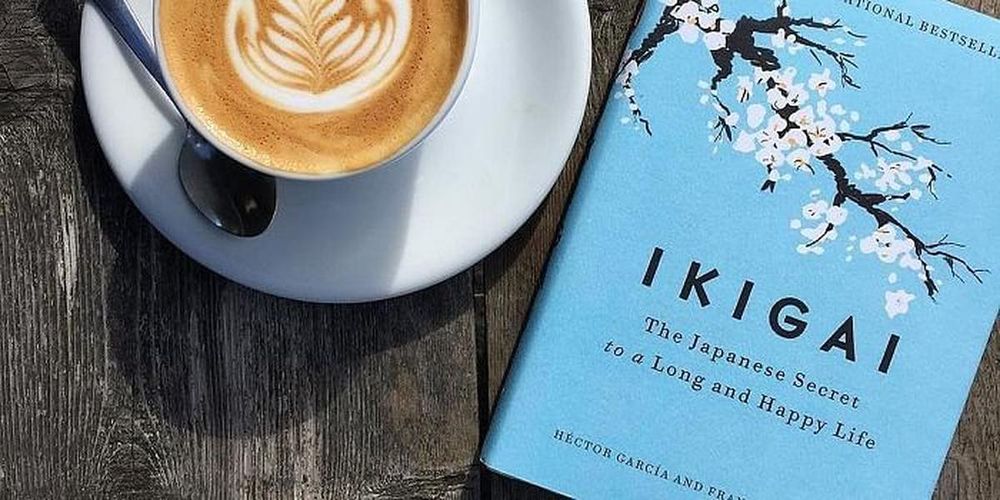Is Ikigai The New Hygge?
This Japanese concept might be the secret to finding longevity and purpose in life


Photo: Getty
Ikigai
By now, you're probably familiar with the buzzword hygge, the Danish lifestyle trendthat Americans obsessed over last year. But if wrapping yourself up in chunky knit blankets and eating all the pastries you could lay your hands on didn't fix your woes (it sure didn't for me), you might find the secret to happiness in the Japanese concept of ikigai.
Combining the Japanese words iki, meaning life and gai, meaning value or worth, ikigai is essentially about finding your purpose in life.
"Ikigai can be translated as "a reason for being" – the thing that gets you out of bed each morning," Héctor García, the co-author of Ikigai: The Japanese Secret to a Long and Happy Life, wrote in The Guardian.
Considering that Japan is known for having some of the longest-living citizens in the world–87 years for women and 81 for men per the country's Ministry of Health, Labor and Welfare, the BBC reported—ikigai could also be the secret to longevity.
Related article: Hygge: The Danish Lifestyle Movement You Need To Know
HOW TO FIND YOUR IKIGAI
Ikigai is often associated with a Venn diagram of where the following elements overlap:
- What you love
- What you are good at
- What the world needs
- What you can be paid for
What you find at the intersection of those four lists is your ikigai. If you've already retired, you can remove "what you can be paid for" from those elements and you can still find your ikigai from the remaining three.
In fact, a paying job might not have anything to do with your ikigai. In a survey of 2,000 Japanese men and women conducted by Central Research Services in 2010, only 31 percent of participants considered their work as their ikigai, the BBC reported. Plenty of Japanese retirees find greater purpose in their hobbies after leaving the office, which not only keeps them active but also gives their lives a sense of meaning after ending their careers.
Related article: A Toast To Kalsarikännit: The Latest Finnish Lifestyle Buzzword To Know
THINK ABOUT YOUR "FLOW"
While you can make lists of the four elements above and figure out what it is at the center of them all, finding your ikigai can also be as easy as just stopping yourself throughout the day and ask yourself: Why are you doing this?
"When we enter a state of 'flow' we lose the sense of time passing," Garcia, a Barcelona native who's lived in Tokyo for 13 years, told The Independent. "Have you ever been so absorbed in a task that you forget to drink and eat? What type of task was it? Notice those moments when you enter flow, and your ikigai might be embedded in those moments."
Once you notice what tasks you do in a state of "flow," try to make changes in your life to focus on the things that have more meaning to you.
"For example I've become stronger at my daily job when it comes to saying 'no' to things I know dislike and I'm not good at, and putting myself into situations where I'm doing things that I love and I'm good at," Garcia said. "I've also put more time and dedication into my hobbies: yoga and photography, and I'm enjoying them more than ever."
Related article: This Wisteria Flower Tunnel In Japan Is The Most Magical Place Ever
From: Town & Country